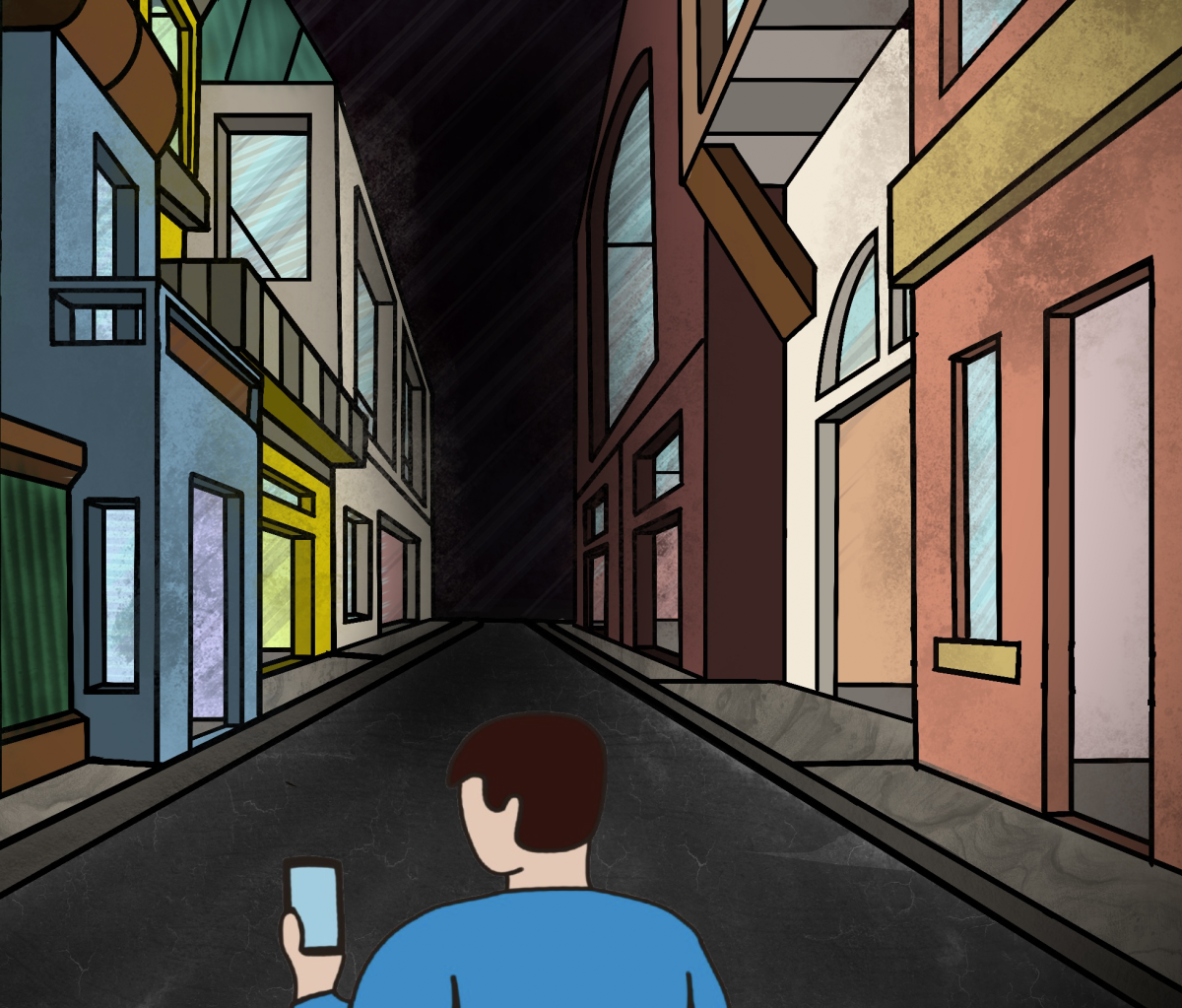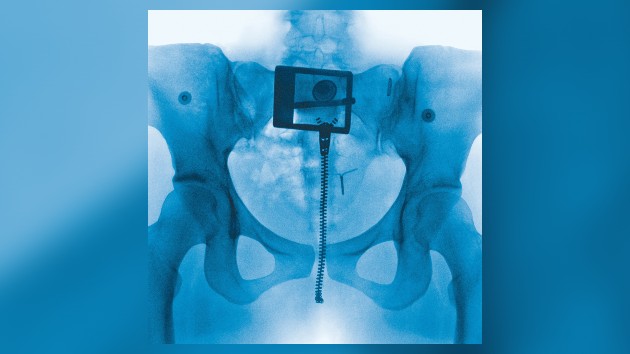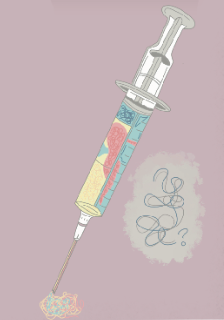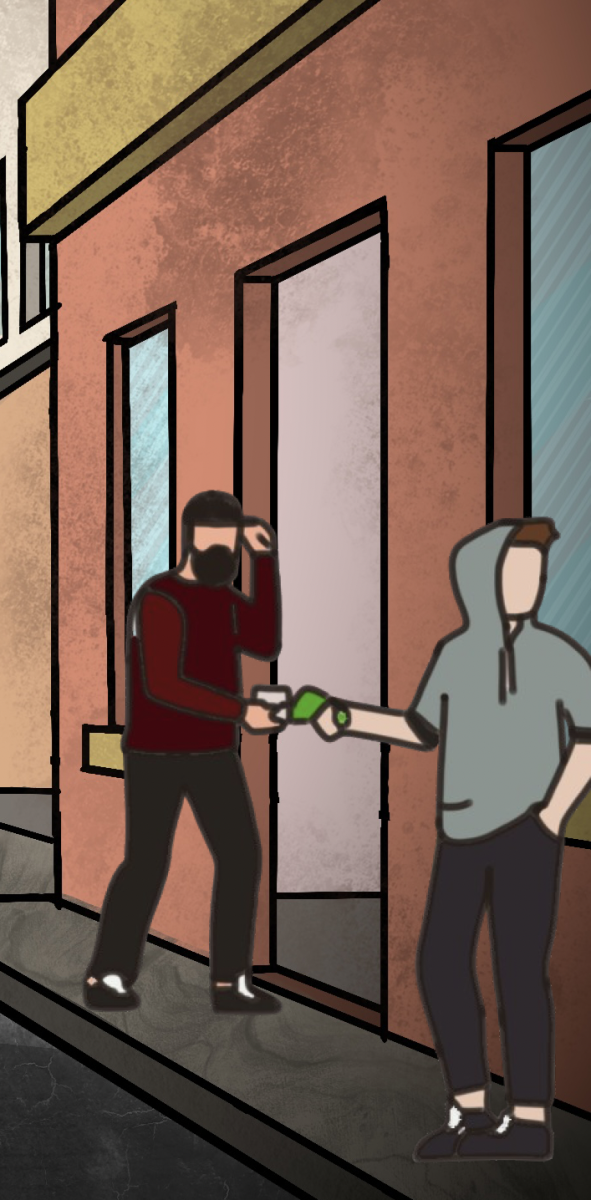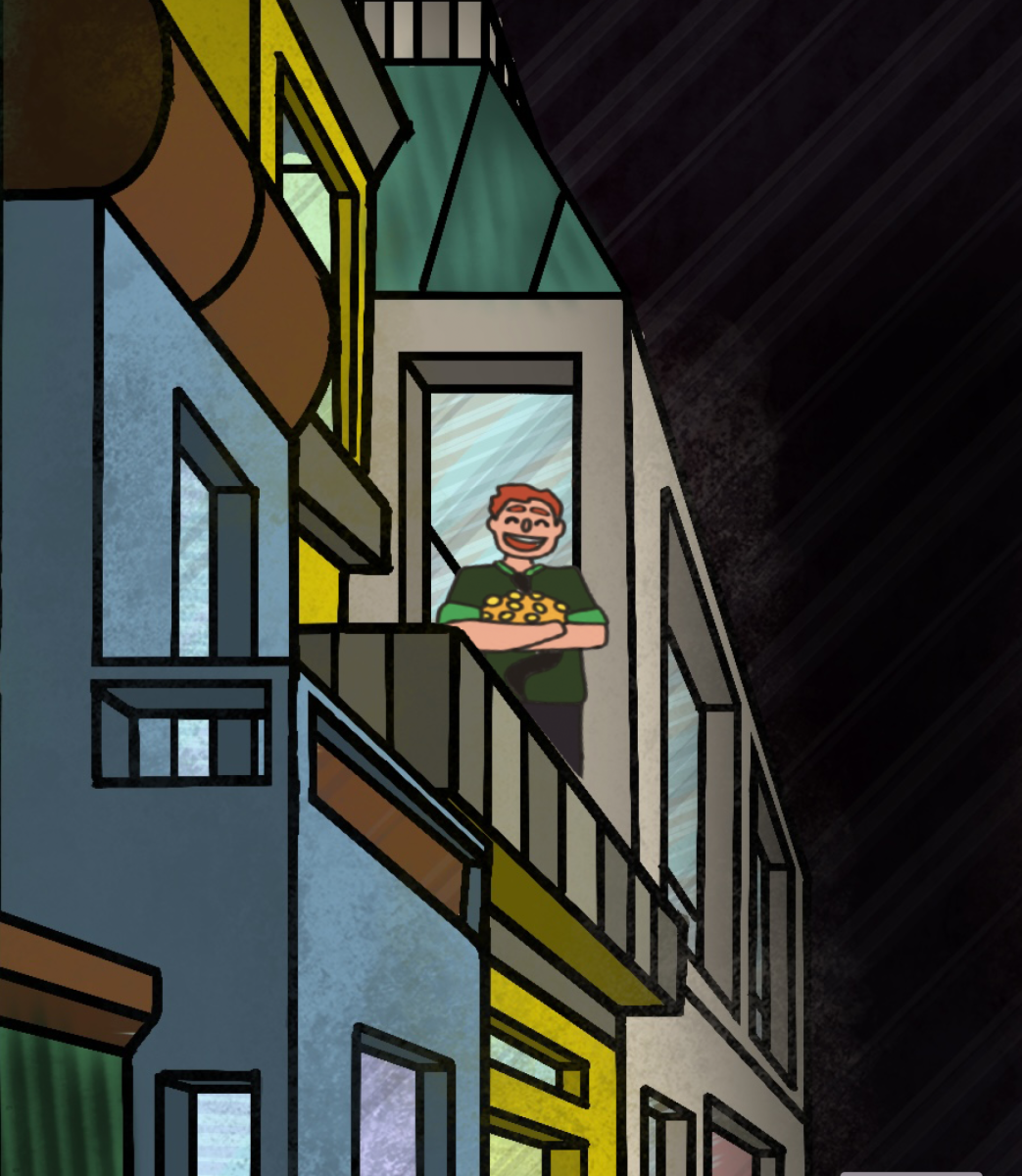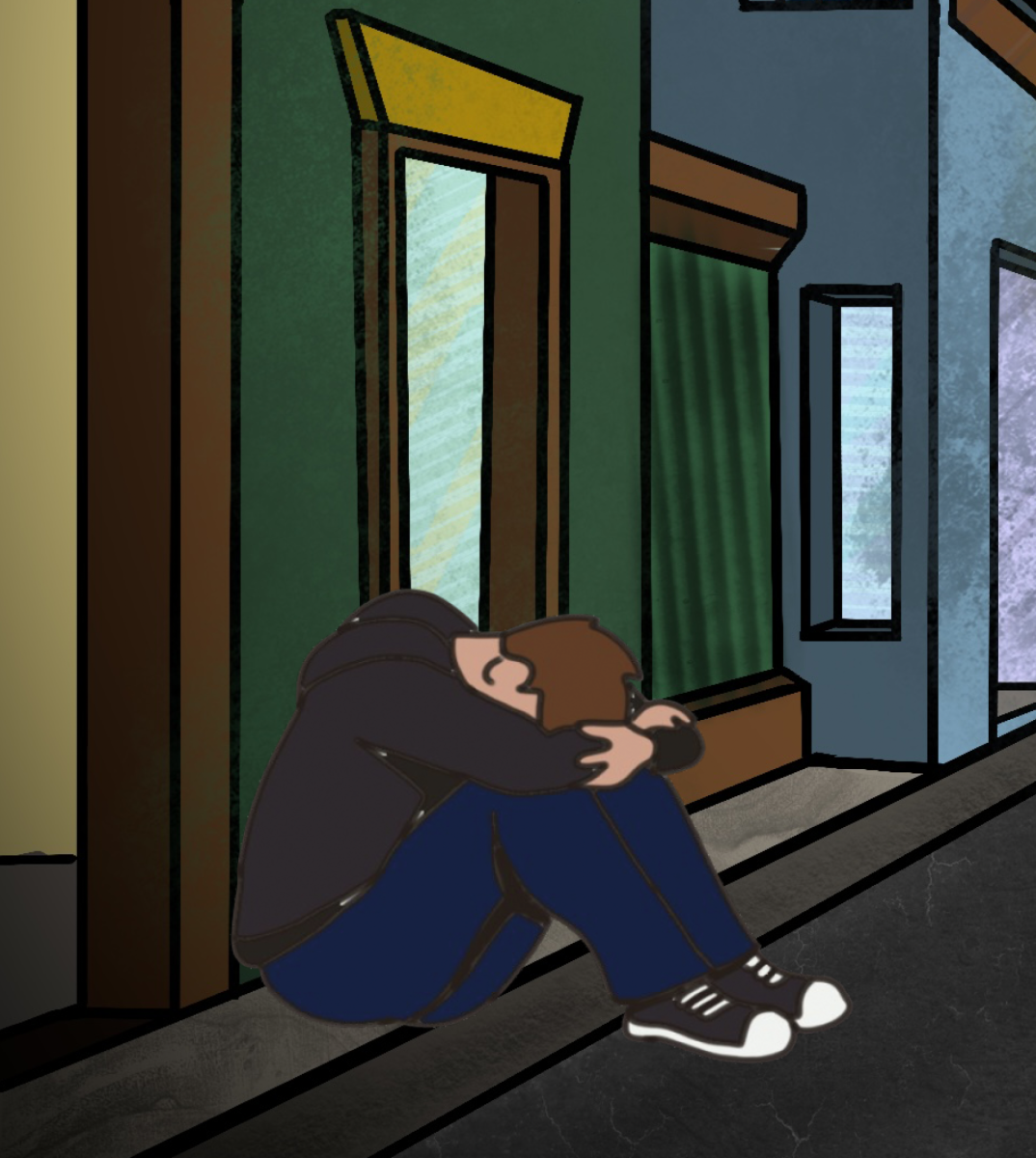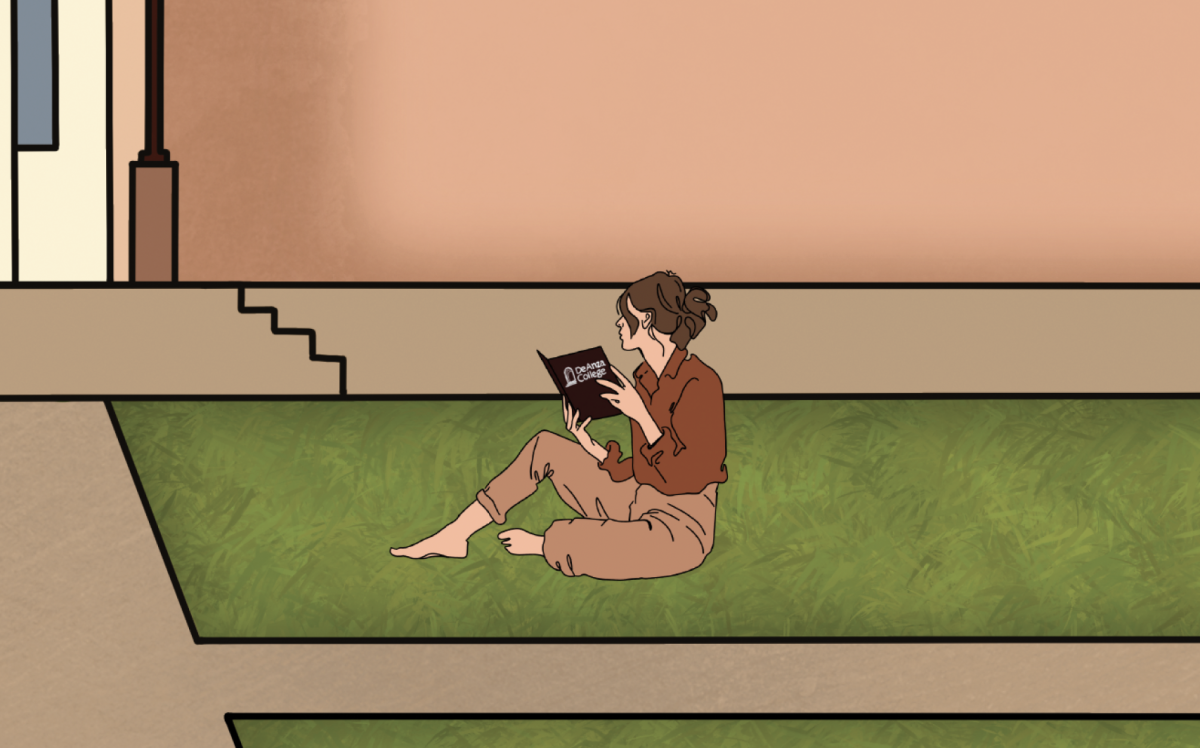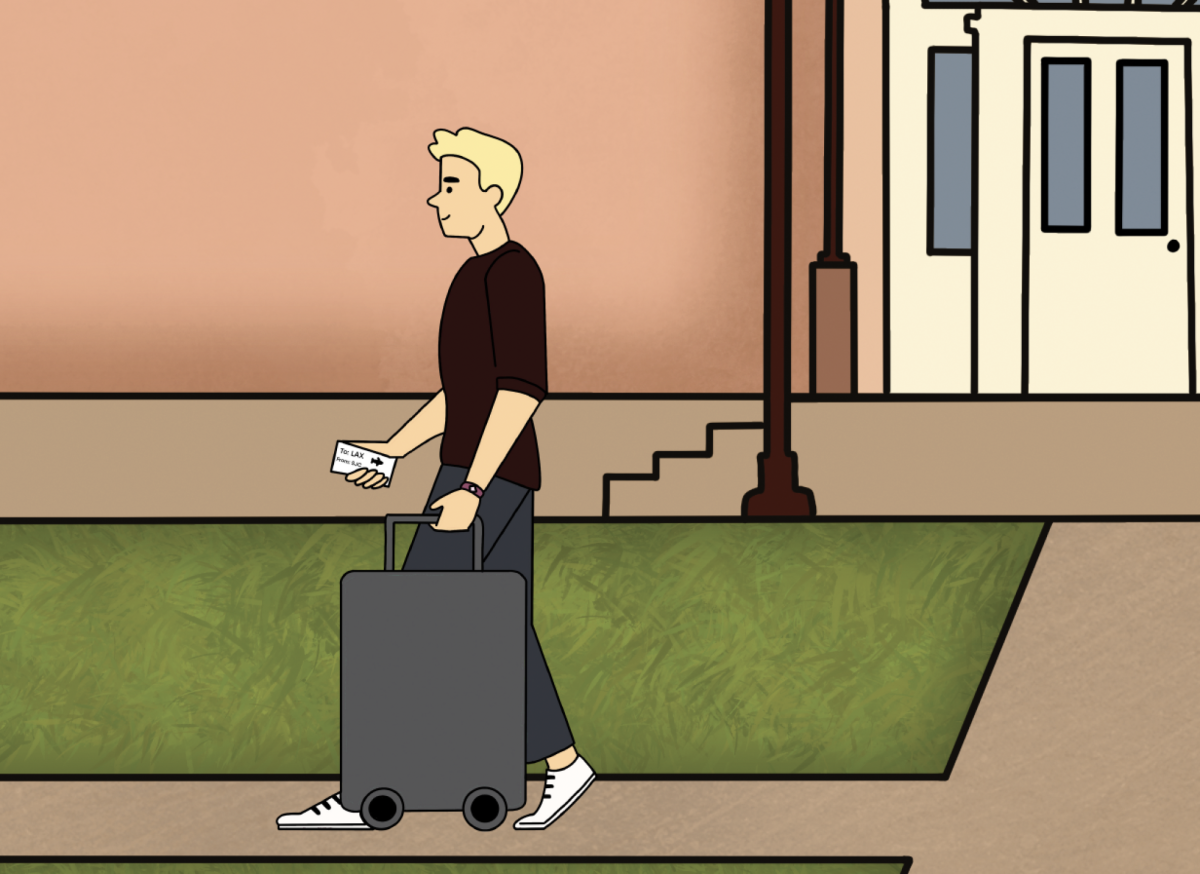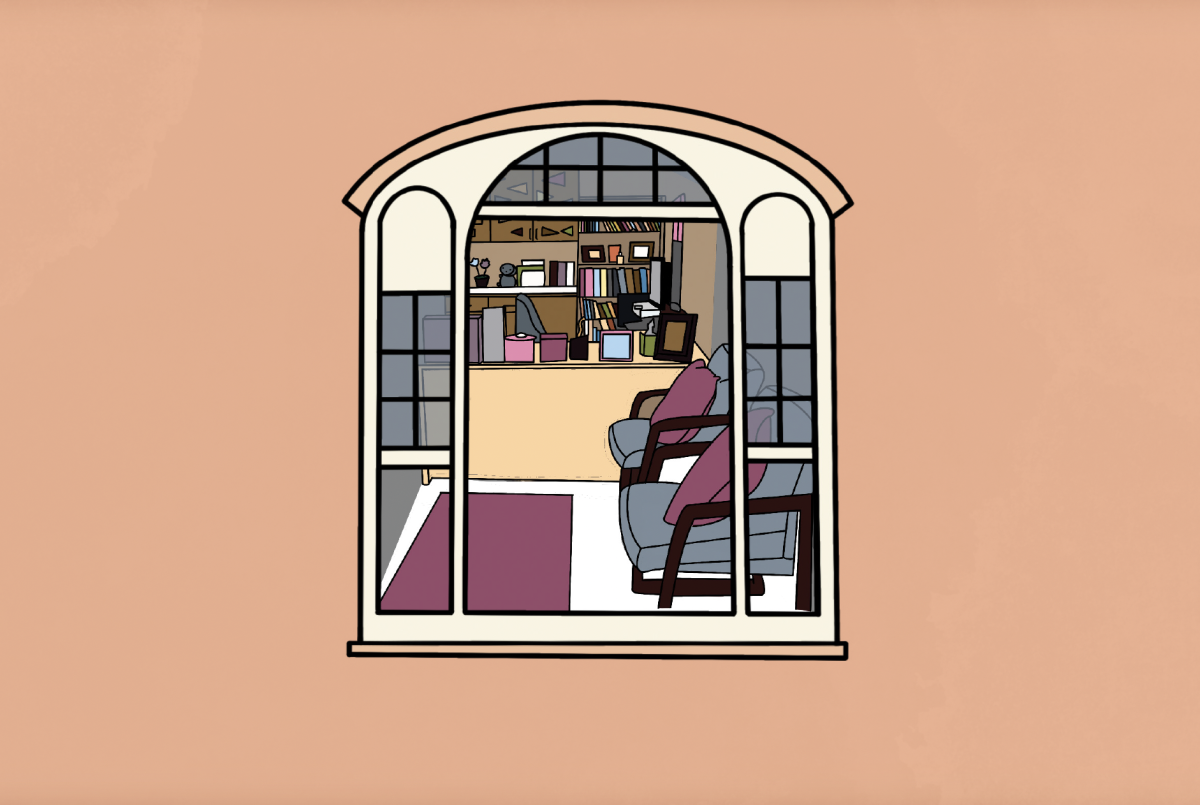These days, life without social media has become unimaginable. Since the early days of MySpace and Facebook, social media has come a long way and has captivated the entire world, with nearly everyone having a profile.
The influence of social media has revolutionized relationships, careers and entertainment to the point where doing anything without its inclusion has become unheard of. Every hangout is posted on a story, every event is shared and hours are spent doomscrolling. The online world has crept into our lifestyles and become a part of who we are.
At some point, what starts as opening Instagram out of boredom turns into hours of mindless scrolling. That is where the term “doomscrolling” comes in — you fall into a rabbit hole of content and completely lose track of time. And the truth is that the constant urge to check your phone, post something or see what everyone else is doing can start to feel like an addiction.
An addiction to social media is defined as being overly concerned about one’s image on online platforms and having an uncontrollable urge to log on to these sites. With the ginormous role the internet plays in our lives, people are extremely susceptible to falling into the trap of a social media addiction. Scrolling through one’s feed can bring them a short-lived dose of dopamine, similar to what is experienced while gambling or using drugs.
Social media, as a result of its widespread use, can be hard to take seriously. It can feel like a reach when comparing its use to more directly harmful activities like recreational drug use. This unserious view on the dangers of social media is what lures many people into spending hours scrolling through videos, perfecting their profile and looking through other people’s accounts.
Quitting right away is not necessary. Start small. Set time limits on your apps or give yourself “no phone” hours during the day can be a great first step. Turn off notifications so the phone is not constantly pulling your attention. Maybe even delete the apps from your home screen so they’re harder to get to. “I turn my Instagram notifications off after 10 p.m. they can be really distracting when I’m trying to sleep,” FHS junior Carter Hickman said, sharing his experience with detaching from social media.
Most importantly, be honest with yourself. Ask why you are opening that app in the first place. Is it boredom? Insecurity? FOMO? Knowing the “why” can help you change the habit. Once you realize the root issue, you can tackle it head-on rather than finding quick fixes.
At the end of the day, social media is not evil. Going too extreme and completely disassociating yourself from the digital world may prove to be disadvantageous. But if you are not careful, it can take over more of your life than you realize. You deserve to be present for your own life — not watch it through a screen.


